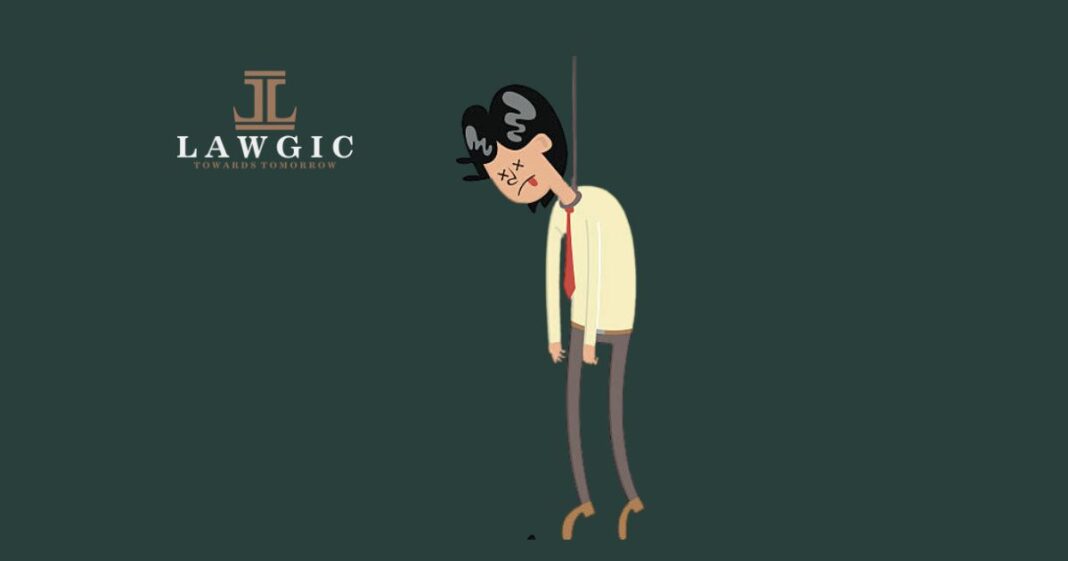A single bench of Justice Parth Prateem Sahu of Chhattisgarh High Court recently ruled that partners cannot be held responsible for the suicide of their significant other due to heartbreak. The court quashed a case of ‘abetment to suicide’ against a girl and her brothers following the suicide of her former boyfriend.
The bench emphasized that individuals, such as a lover, student, client, examiner, or lawyer, cannot be held responsible for another’s suicide due to personal decisions or poor performance.
The court made it clear that a person of weak or fragile mentality cannot hold another accountable for their actions.
The writ petition was filed by the girl and her brothers against an order passed by the Additional Sessions Judge, Dongergarh, District Rajnandgaon.
On January 28, 2023, the police received a intimation regarding the man’s unnatural demise. Further investigation led to the discovery of a suicide note left by him, which made accusations against the girl and her brothers. The note revealed that the man and woman had been in a relationship for approximately seven years, and after the woman broke up with him and began seeing someone else, her brothers threatened the man’s life. As a result, he took his own life by hanging.
The accused persons’ counsel contended that there was insufficient evidence to establish that they had instigated, aided or provoked the man to commit suicide.
During the hearing, the government’s counsel opposed the plea, stating that the accused individuals were explicitly mentioned in the suicide note. The counsel further argued that the deceased had taken his own life due to the betrayal and threats he faced.
The high court examined Section 107 of the Indian Penal Code (IPC), which outlines abetment, as well as Section 306 of IPC, which prescribes punishment for abetment to suicide.
The court noted that to establish abetment within the meaning of Section 107 of IPC along with Section 306 of IPC, there must be “active suggestion, instigation, or encouragement” on the accused’s part.
The court emphasized that mere harassment, without any additional elements, would not constitute abetment under the law. Furthermore, the court observed that the only evidence against the accused was the suicide note, which contained mere allegations that did not suggest that the accused had instigated, harassed, or tortured the deceased in any way.
“Prima facie, it appears from the suicide note that the deceased was deeply in love with the applicant so much so that he could not tolerate betrayal in love by the applicant, her decision to marry with some other boy. Therefore, out of frustration in love, he committed suicide, blaming the applicant”.


